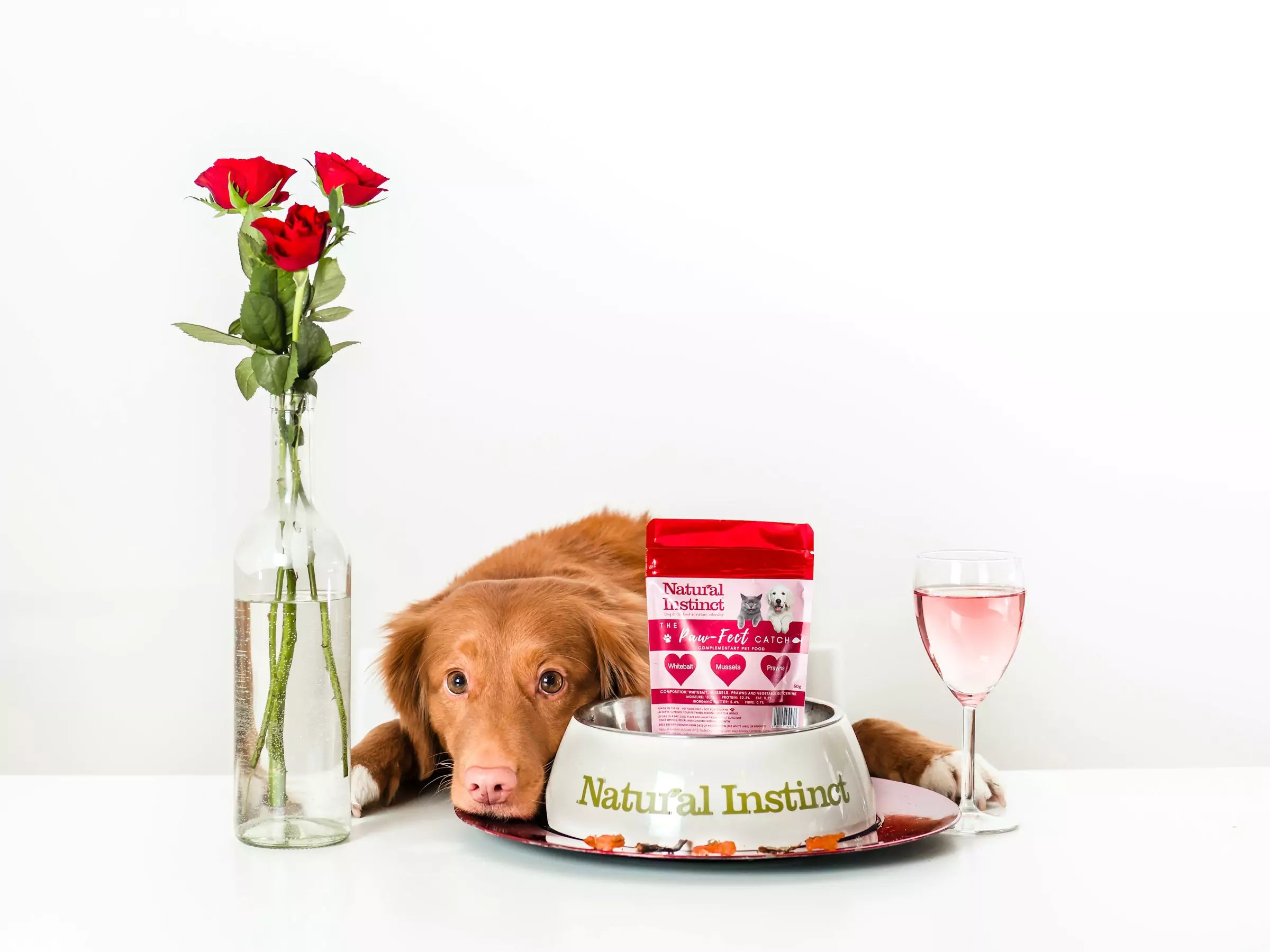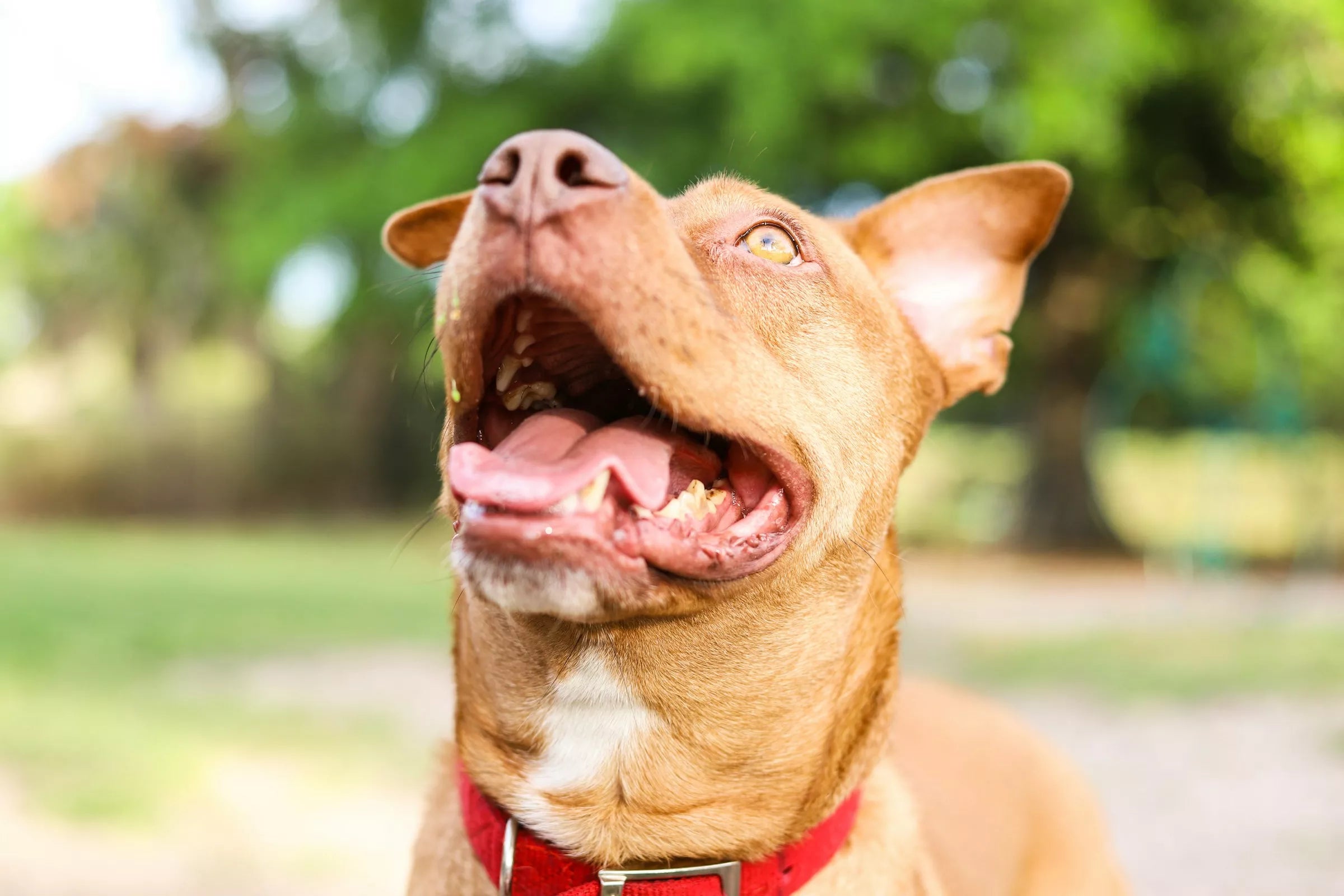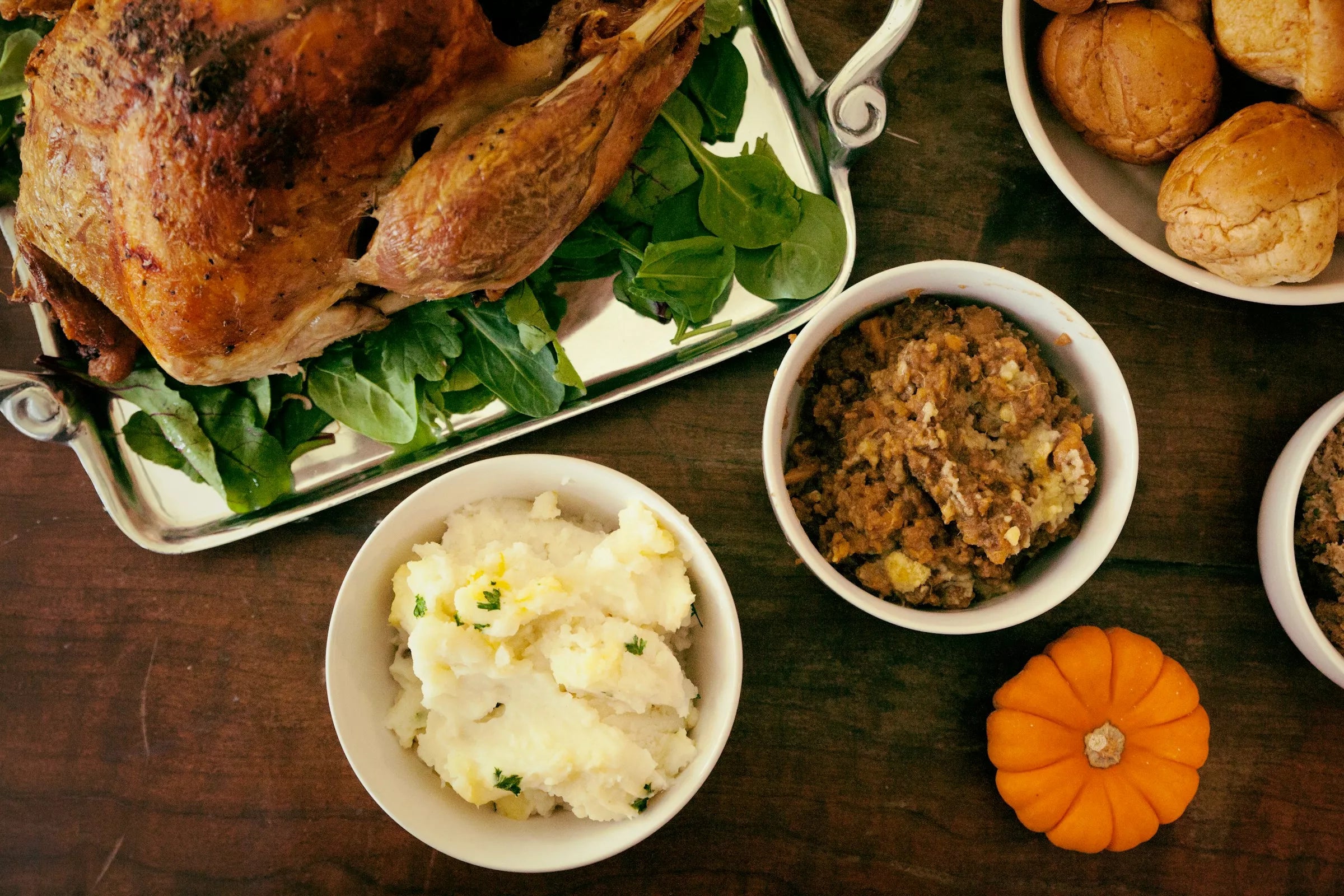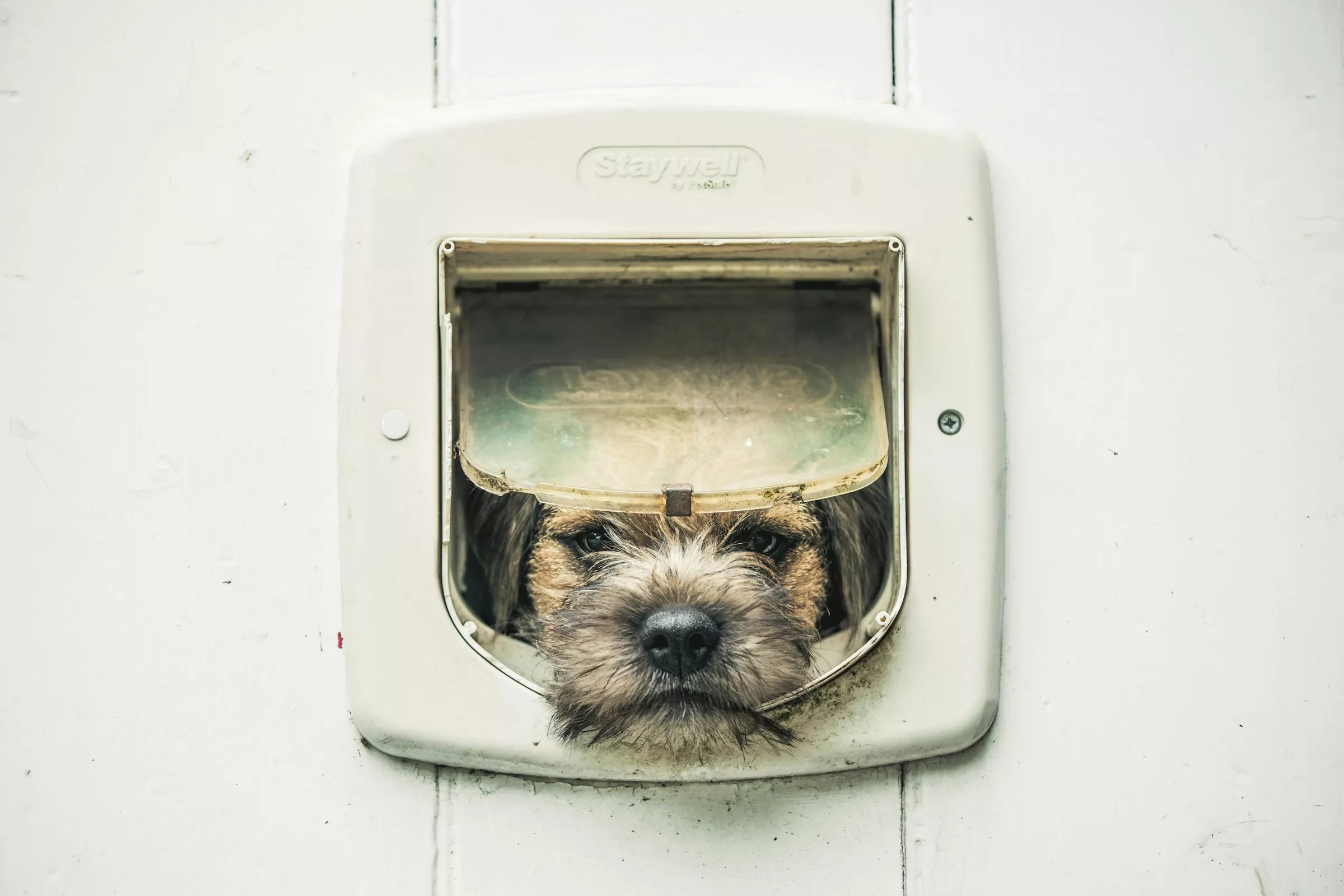Introduction
Transitioning your puppy to adult dog food is a major milestone in their journey to adulthood. But when is the right time to make the switch? Choosing the right moment is essential for their health, growth, and overall well-being. Let’s dive into everything you need to know about when and how to transition your pup to adult dog food.
Understanding Your Puppy’s Nutritional Needs
Puppies have different dietary needs than adult dogs. They require a higher calorie intake, along with essential nutrients like protein, calcium, and DHA for brain and bone development. Puppy food is specially formulated to meet these needs.
Signs Your Puppy is Ready for Adult Food

Not all puppies are ready for adult food at the same time. Some key signs include:
-
Slower growth rate
-
Less energy than during early puppyhood
-
Losing interest in puppy food
-
Weight stabilization
General Age Guidelines for Transition
-
Small Breeds (Under 20 lbs): Transition around 9-12 months
-
Medium Breeds (20-50 lbs): Transition around 12 months
-
Large & Giant Breeds (Over 50 lbs): Transition between 12-18 months
How to Transition Your Puppy’s Diet Safely
A gradual transition helps avoid digestive upset. Follow this schedule:
-
Day 1-2: 75% puppy food, 25% adult food
-
Day 3-4: 50% puppy food, 50% adult food
-
Day 5-6: 25% puppy food, 75% adult food
-
Day 7: 100% adult food
Choosing the Right Adult Dog Food

Look for high-quality ingredients such as:
-
Real meat as the first ingredient
-
Healthy fats for coat and skin
-
No artificial additives or fillers
Common Mistakes to Avoid
-
Switching too early or too late – Can impact growth and nutrition
-
Abrupt food change – Can cause stomach issues
-
Ignoring breed differences – Large breeds need joint-supportive nutrition
Special Considerations for Different Breeds

Small breeds have faster metabolisms and may need calorie-dense food, while large breeds require joint support and controlled calorie intake to prevent obesity.
Addressing Picky Eaters
If your dog refuses the new food:
-
Mix in a small amount of wet food
-
Warm the food slightly to enhance aroma
-
Stick to a feeding schedule without offering too many treats
Health Issues Related to Improper Transitioning
An incorrect switch can lead to:
-
Upset stomach (diarrhea, vomiting)
-
Weight gain or loss
-
Nutritional imbalances
Consulting a Veterinarian for Guidance
If your puppy has allergies, sensitivities, or weight concerns, consult a vet before switching foods. They can recommend the best formula for your dog.
Homemade vs. Commercial Adult Dog Food

Homemade meals offer control over ingredients but require careful planning to meet nutritional needs. High-quality commercial dog foods are formulated for balanced nutrition.
Feeding Schedule After the Transition
-
Small breeds: 2-3 meals/day
-
Medium to large breeds: 1-2 meals/day
-
Stick to a consistent schedule for digestive health
Monitoring Your Dog’s Weight and Health
Regular vet check-ups and monitoring your dog’s weight ensure they are thriving on adult food. Adjust portion sizes if needed.
Myths About Puppy-to-Adult Food Transition
-
“My puppy will stop growing as soon as I switch food” – Not true! Growth continues, but at a slower pace.
-
“Adult food isn’t as nutritious” – It’s just formulated differently for maintenance, not growth.
Final Thoughts and Key Takeaways
Transitioning your puppy to adult dog food is a crucial step in their development. Pay attention to age, breed, and health, and introduce new food gradually to ensure a smooth switch. A well-balanced diet will keep your dog healthy, active, and happy for years to come!
FAQs
What happens if I switch my puppy to adult food too early?
Your puppy may miss out on essential nutrients, leading to poor growth and development.
How do I know if my dog isn’t adjusting well to adult food?
Look for signs like diarrhea, vomiting, or refusal to eat. If these persist, consult a vet.
Can I feed my puppy a mix of adult and puppy food long-term?
It’s best to fully transition once they reach the appropriate age to ensure balanced nutrition.
Do large breed puppies need a different transition approach?
Yes, large breeds should transition later and require joint-supportive nutrition.
How do I choose the best adult dog food?
Look for high-quality ingredients, protein sources, and avoid artificial additives.















Share:
How to Stop Your Dog's Relentless Shedding
How Many Dogs Are There in the World?